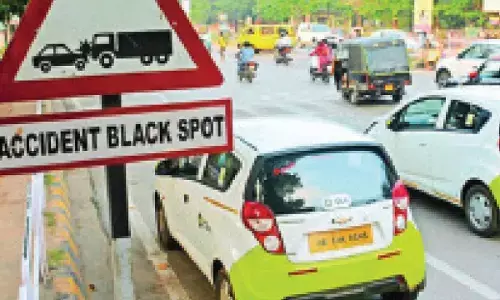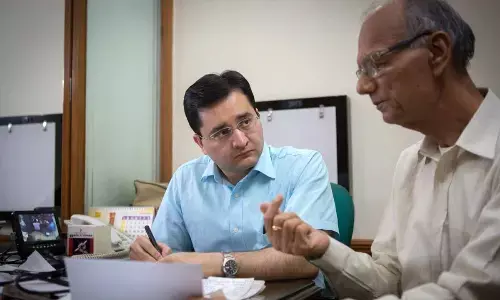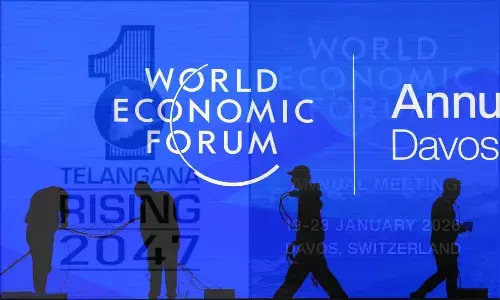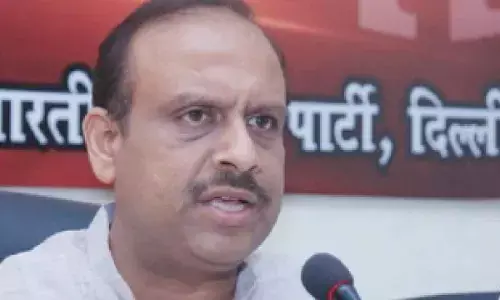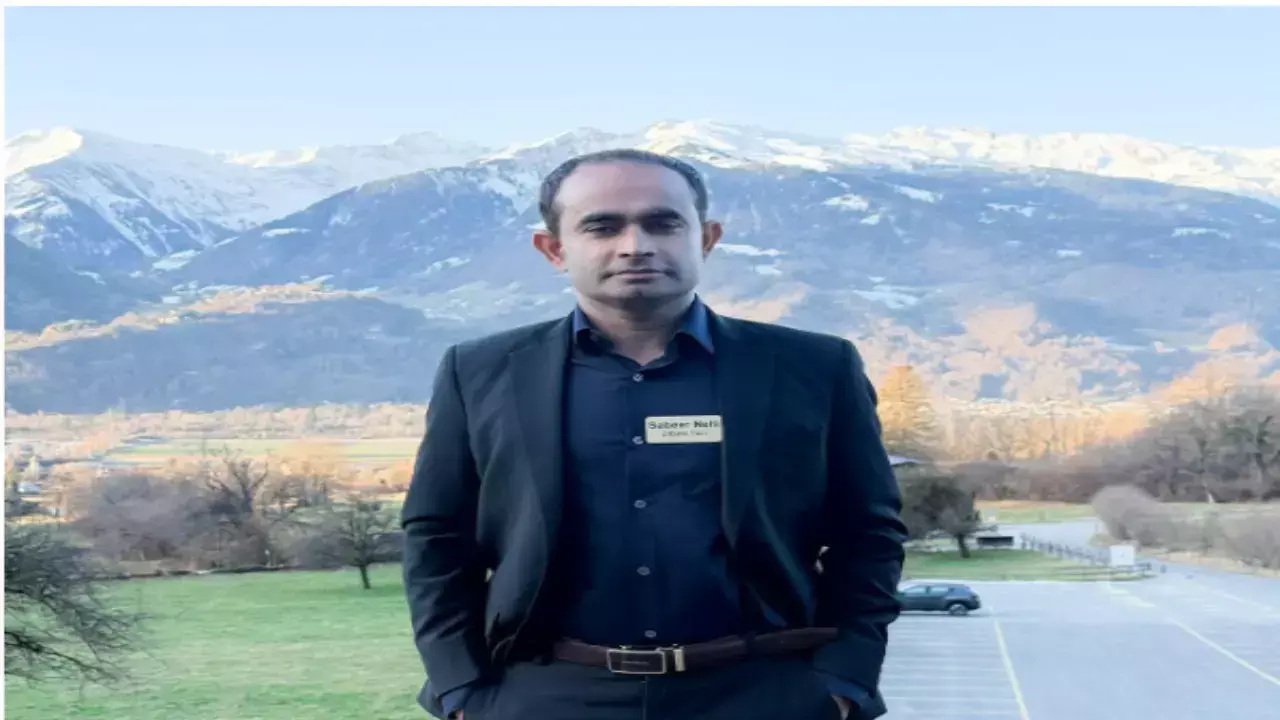Absolute power corrupts absolutely!
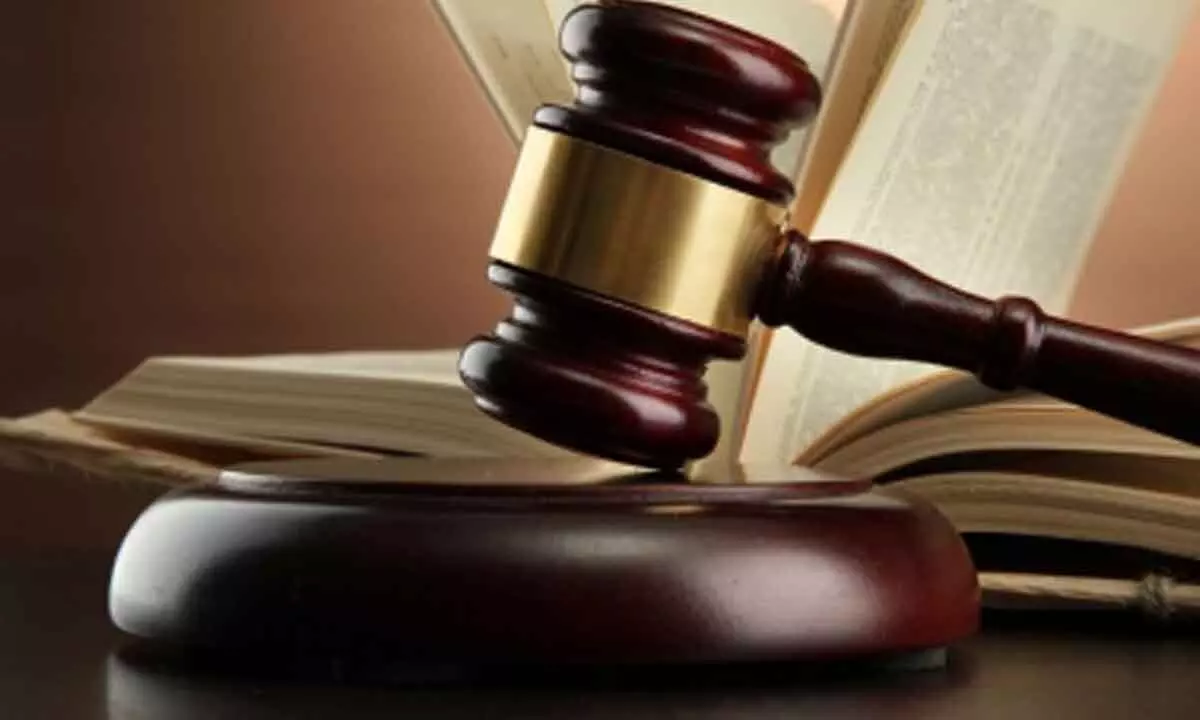
What the historian and moralist John Emerich Edword Dalberg Acton, better known as Lord Acton had said in 1887 about "Power "is true even today! In fact, the interpretation that power tends to corrupt, and absolute power corrupts absolutely is like a gospel truth
What the historian and moralist John Emerich Edword Dalberg Acton, better known as Lord Acton had said in 1887 about "Power "is true even today! In fact, the interpretation that power tends to corrupt, and absolute power corrupts absolutely is like a gospel truth. It is applicable to all situations wherever power is involved.
The Supreme Court of India in a judgement delivered on March 18 in a case titled, Somnath Vs. State of Maharashtra and another has raised alarm about the exceeding misuse of power by the police. Referring to the D K Basu Vs State of West Bengal landmark verdict on the subject the apex court has once again reminded the police bosses about maintaining balance between the fundamental rights of the accused persons and keeping the law and order in the society.
True, in order to maintain law and order and to ensure the safety and security of people, the police and security forces should possess some power. The power to over -power unlawful elements is a must but the problem is about its quantum or limits. Indeed, power is like fire, a matchstick as well as a bomb both have the fire, but their intensity is different.
The police power, nay, all administrative power originates from political power. Indira Gandhi was given a huge mandate in 1971 general elections which were held following war with Pakistan which resulted in the creation of Bangladesh. And in 1975 she imposed the infamous Emergency, thanks to her excessive political power!
It is quite intriguing that the lust for power sees no limits. The term power encompasses all sorts of power including spiritual, parental, political, judicial, administrative and military powers. In this power race what is most baffling is each one is only conscious about his power and perennially feels that he deserves still more. At the same time, he loses no time in envying the power used by another segments.
Unfortunately, there is no mechanism to control and coordinate the power structure. The net result of such a free for all situations is the exploitation of the ruled. The ruled ones live at the mercy of power wielding clans. The Constitution of India envisages a system of power sharing between the two power holders, namely, the Union and the States. The spirit of federalism is the pious objective of this mechanism. Through appendices the lists of subjects on which the Union and States can legislate either exclusively or jointly are provided.
Then why the mechanism is not working properly? The reason is not far to seek. The people basking in power places need to exercise self control and be content with the bountiful of power they have been enjoying. Further, a system of checks and cross-checks must be devised and implemented wholeheartedly.
SC ON SECTION 41A Cr.PC
The Supreme Court while dismissing Tamil Nadu minister Senthil Balaji’s plea challenging custody by enforcement directorate in the money laundering case, recently held that Section 41A of the Code of Criminal Procedure would not apply to an arrest made under the Prevention of Money Laundering Act, 2002.
CALLING WIFE AS BHOOT PISHACH NO CRUELTY:PATNA HIGH COURT
Justice Bibek Chaudhuri of the Patna High Court said that in failed marriages, filthy language does not always come within the ambit of cruelty. He added, a husband abusing his wife by calling her ‘Bhoot’(ghost) and ‘Pishach’ (demon), will not by itself amount to ‘cruelty’ u/s 489A of the Indian Penal Code.
The court was hearing a revision petition filed by the man and his father against their conviction u/s 498A IPC and Sec. 4 of the Dowry (Prohibition) Act.
NEW LAWYER BODIES ELECTED
The elections to the Executive Committees of the Bar Associations in Telangana were held simultaneously on March 28. According to the results available, A Ravinder Reddy has been elected as the President of Telangana State High Court Advocates' Association. Similarly, G Rajvardhan Reddy got elected as the President of Metropolitan Criminal Court Bar Association and Sreenivas Chary as the President of the City Civil Court Advocates Association.Y Chandra Rushi has been elected as President of the Jangaon Bar Association.
Kondal Reddy, Amarender Reddy and Sri. C.Hanumanth Reddy have been elected as the Presidents of R.R. District Court Bar Association, Malkajgiri Court Bar Association and Medchal Court Bar Association respectively. Besides, Venkat Reddy, Anjan Reddy and Govardhan Reddy have been elected to head the Rajendra Nagar Court Bar Association, Ibrahimpatnam Bar Association and Kukatpally Bar Association respectively.
FOUNDATION STONE LAID FOR NEW TS HC BUILDING
The Chief Justice of India Dr D Y Chandrachud laid the foundation stone for the new building of Telangana High Court on March 27 at the site adjacent to Prof Jayashankar, Telangana State Agriculture University at Rajendra Nagar. The new building spread over 100 acres of land is estimated to cost Rs. 500 crore.
The CJI emphasised on the need to empower women and other weaker section of the society. He hoped that ample provisions will be made for the litigant public, advocates and court staff in the new building to create work friendly atmosphere.
Supreme Court Judges P.S.Narsimha and S.V.Bhatti also addressed the gathering. The TSHC Chief Justice Alok Aradhe presided over the event.
FORMER IPS OFFICER SENTENCED TO 20 YEARS JAIL TERM
Additional Sessions Judge, J N Thakkar at Palanpur in Gujarat’s Banaskantha recently sentenced former IPS officer Sanjiv Bhatt to 20 years imprisonment u/s 21(c) and 27A of NDPS Act for the offences of financing illicit traffic and harbouring offenders. The court also imposed a fine of Rs 2 lakhs on Bhatt. The sentence is to run consecutively, implying after the completion of the life term he is undergoing after his conviction in another case involving the offence of murder.
BAR COUNCIL OF DELHI URGES GOVERNMENT TO DEFER NEW CRIMINAL LAWS
The Vice Chairman, Secretary and 2 members of the Bar Council of Delhi (BCD) have urged the Union Home Minister not to implement the three new criminal laws, namely, Bharatiya Nyay Sanhita, Bharatiya Nagarik Suraksha Sanhita and Bharatiya Nyay Sakshya Adhiniyam.
The new laws are slated to be enforced with effect from July 1, replacing the existing Indian Penal Code, Code of Criminal Procedure and the Indian Evidence Act. The letter addressed to the Union Home Minister says, “Essentially, the rule of law is prosecution not persecution based on fair and independent investigations; we are afraid that this is going to be the biggest causality under the amended laws.”








